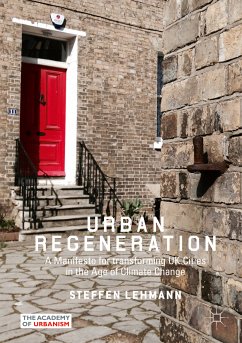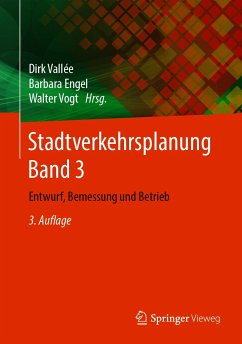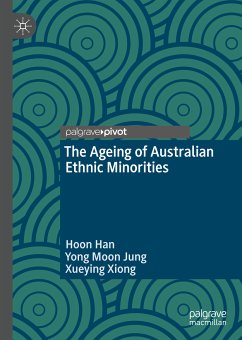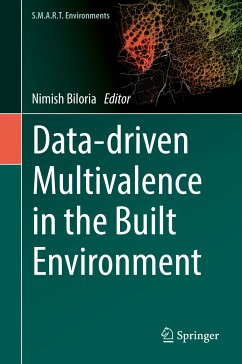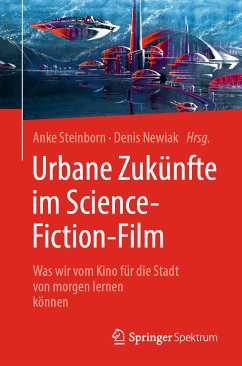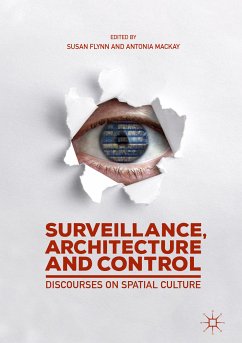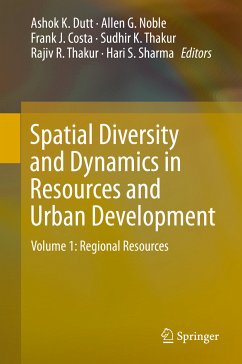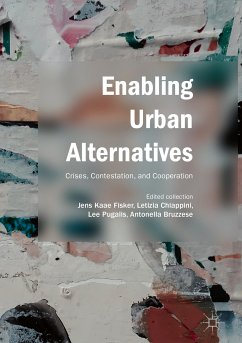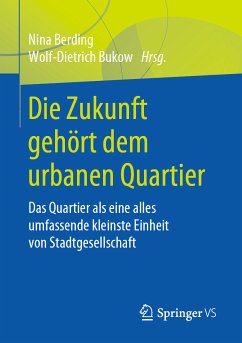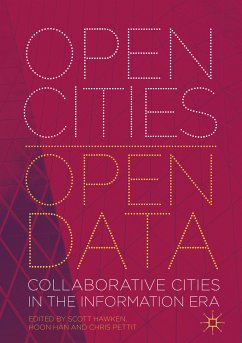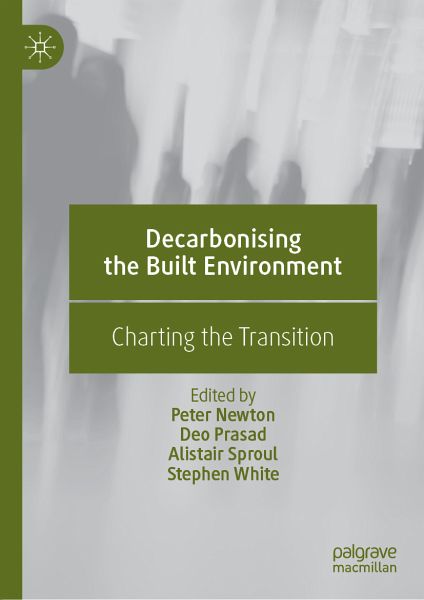
Decarbonising the Built Environment (eBook, PDF)
Charting the Transition
Redaktion: Newton, Peter; White, Stephen; Sproul, Alistair; Prasad, Deo
Versandkostenfrei!
Sofort per Download lieferbar
44,95 €
inkl. MwSt.
Weitere Ausgaben:

PAYBACK Punkte
22 °P sammeln!
This book focuses on the challenge that Australia faces in transitioning to renewable energy and regenerating its cities via a transformation of its built environment. Both are necessary conditions for low carbon living in the 21st century. This is a global challenge represented by the United Nation's Sustainable Development Goals and the IPCC's Climate Change program and its focus on mitigation and adaptation. All nations must make significant contributions to this transformation. This book highlights the new knowledge and innovation that has emerged from research projects undertaken in the C...
This book focuses on the challenge that Australia faces in transitioning to renewable energy and regenerating its cities via a transformation of its built environment. Both are necessary conditions for low carbon living in the 21st century. This is a global challenge represented by the United Nation's Sustainable Development Goals and the IPCC's Climate Change program and its focus on mitigation and adaptation. All nations must make significant contributions to this transformation. This book highlights the new knowledge and innovation that has emerged from research projects undertaken in the Co-operative Research Centre for Low Carbon Living between 2012 and 2019 - an initiative of the Australian Government's Department of Industry, Science and Technology that is tasked with responding to the UN challenges. Four principal transition pathways were central to the CRC and provide the thematic structure to this volume. They focus on technology, buildings, precinct and city design, and human behaviour - and their interactions.
Dieser Download kann aus rechtlichen Gründen nur mit Rechnungsadresse in A, B, BG, CY, CZ, D, DK, EW, E, FIN, F, GR, HR, H, IRL, I, LT, L, LR, M, NL, PL, P, R, S, SLO, SK ausgeliefert werden.



